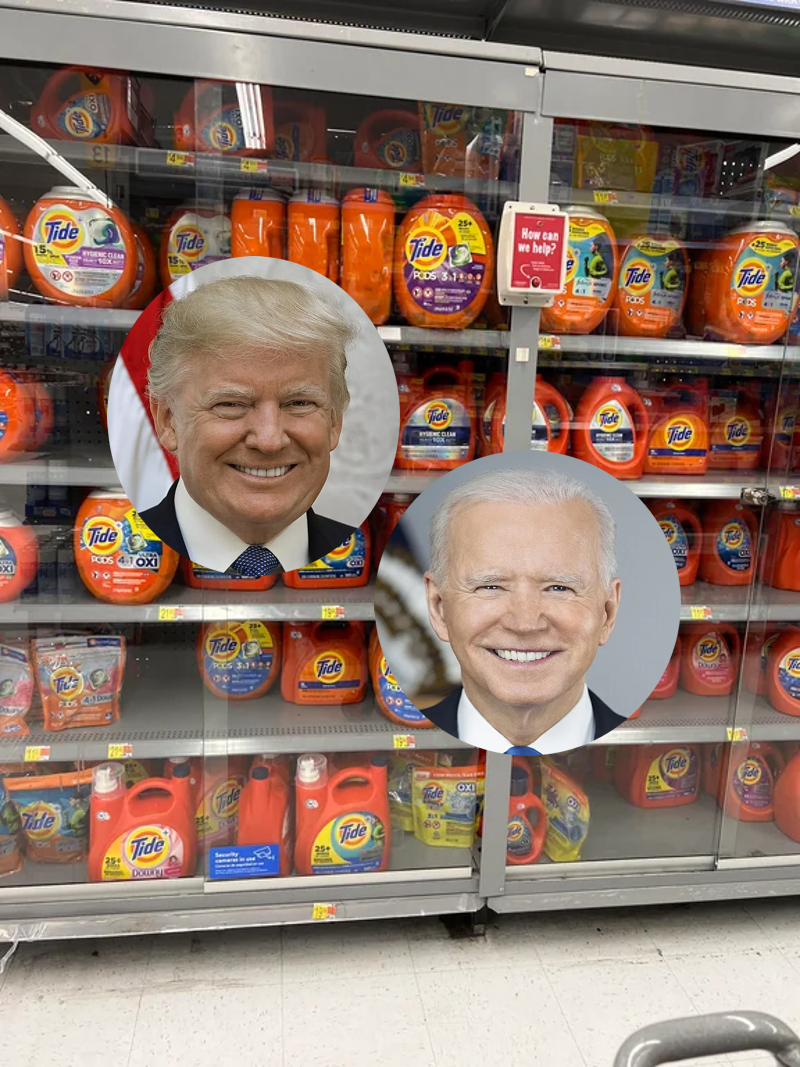In recent years, an alarming trend has emerged in the United States, indicating not only the severity of economic deterioration but also highlighting the widening wealth gap. The phenomenon of locking up staple items like Tide laundry detergent in stores is a stark indicator of these issues. Reports from across the nation reveal that stores are resorting to securing everyday products behind glass, a practice driven by increasing theft rates and the subsequent economic implications.
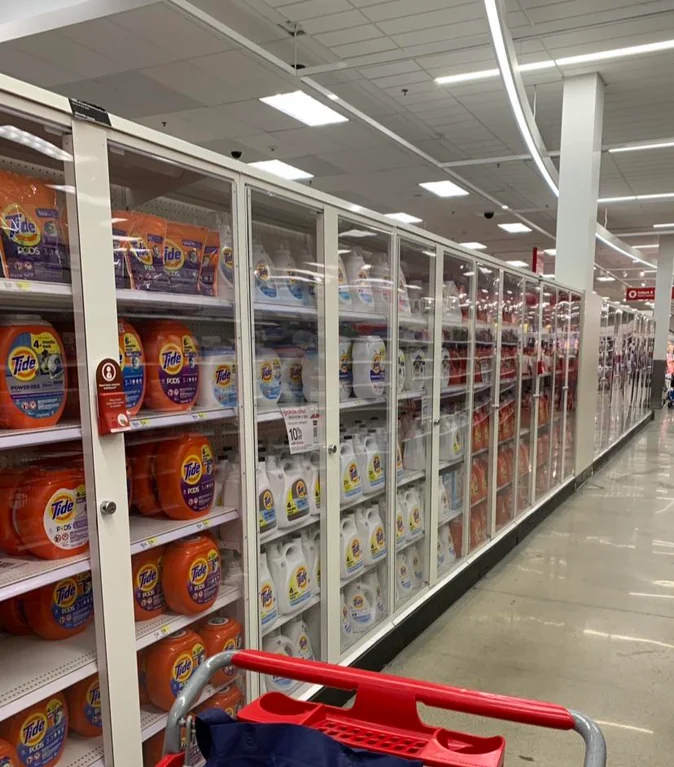
In suburban Washington, D.C., a police raid on a suspected drug dealer’s home uncovered an unusual stash: nearly 20 large bottles of Tide laundry detergent. This incident shed light on a disturbing trend where stolen Tide is used as currency in drug transactions. The high resale value and universal need for laundry detergent make it an attractive target for thieves. This trend is not isolated; various reports from across the country, including from Minnesota and Virginia, have highlighted similar thefts.
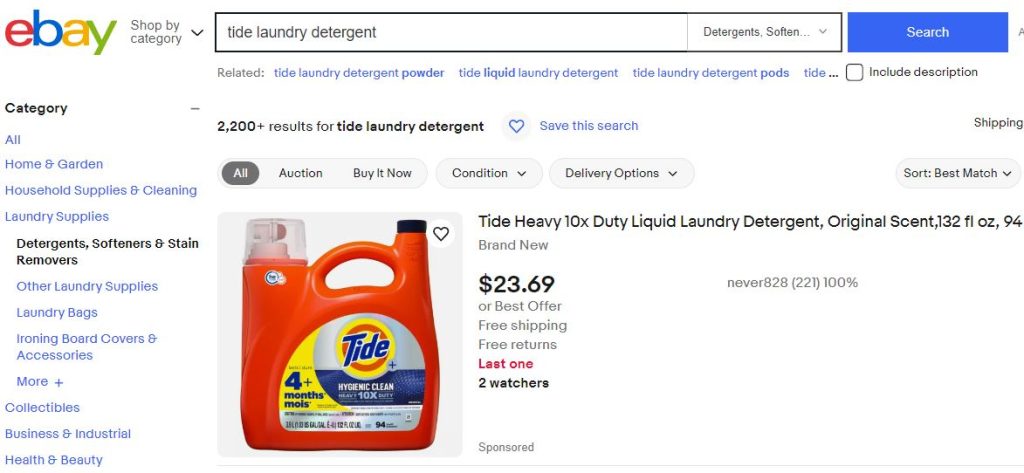
The popularity and high price of Tide, which can sell for up to $20 a bottle, make it particularly appealing for theft and resale on the black market. Its long shelf life and universal necessity add to its desirability. For example, a Safeway supermarket in Prince George’s County, Maryland, reported losing thousands of dollars worth of Tide weekly before police interventions resulted in numerous arrests. This scenario underscores the desperation and resourcefulness of those on the lower economic rungs, who are driven to such measures by financial necessity.
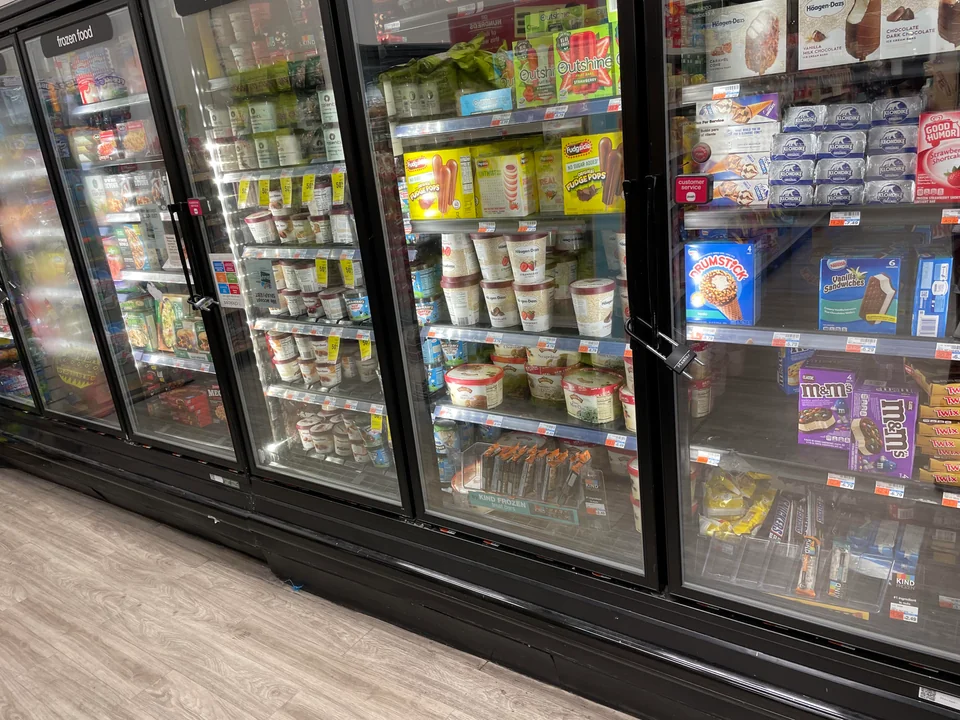
The economic strain is further evidenced by the response of stores, which have begun implementing anti-theft measures such as electronic tags. CVS pharmacies in the Washington, D.C. area, for instance, have been attaching these tags to their Tide bottles. However, these measures have not fully deterred thefts. Thieves often remove the tags with wire cutters after making off with the goods. This persistence in theft points to a deeper economic malaise and the lengths to which people will go to make ends meet.
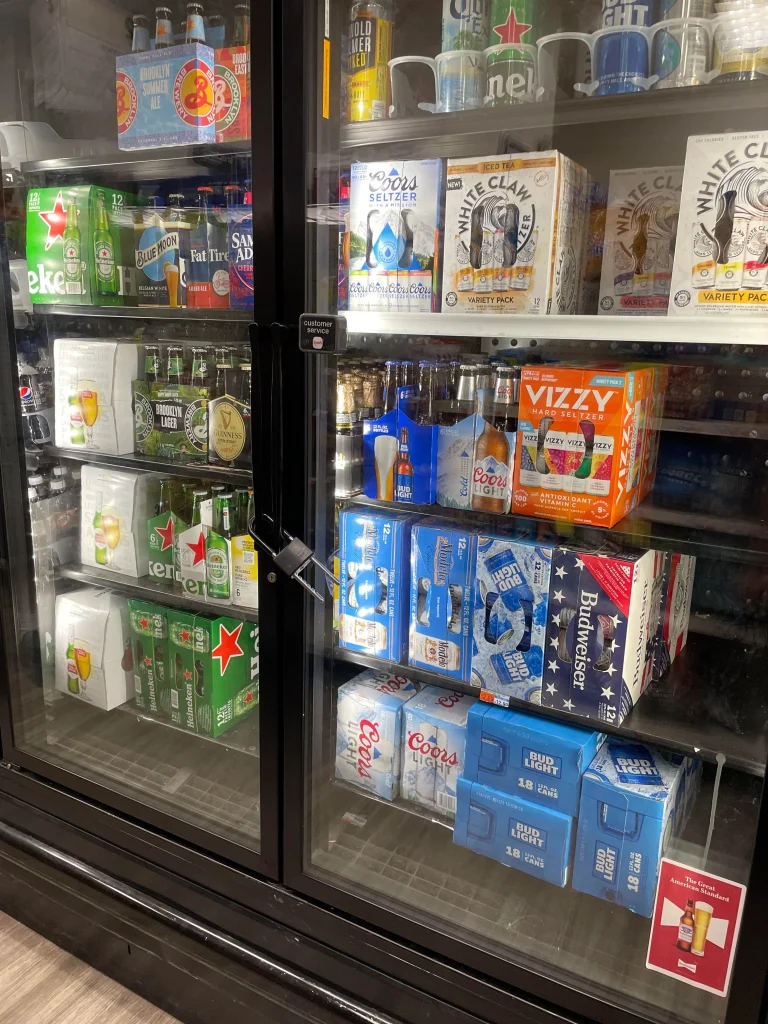
The escalation of organized retail theft has significant economic repercussions. According to the National Retail Federation, such thefts cost U.S. retailers $3.53 billion in 2010 alone, a figure that has likely grown in the ensuing years. This loss affects not only the retailers but also the consumers who face higher prices and reduced product availability as stores attempt to mitigate their losses.
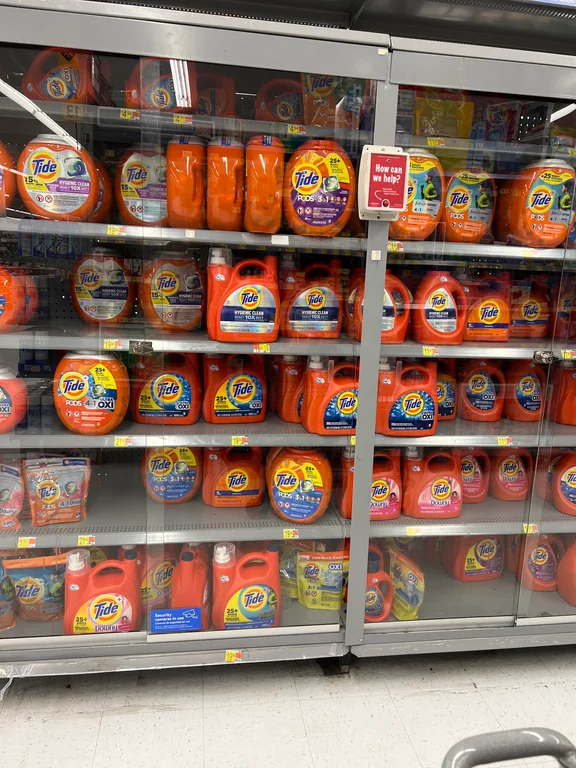
The situation is compounded by societal trends and challenges, such as the viral laundry detergent pod challenge that led to further restrictions. Following incidents where teens consumed detergent pods as part of a dangerous social media challenge, stores in Las Vegas and elsewhere began locking up these products to prevent access. This reaction, while somewhat comical in its necessity, highlights a troubling societal shift where even basic household items need protection from both economic and social forces.
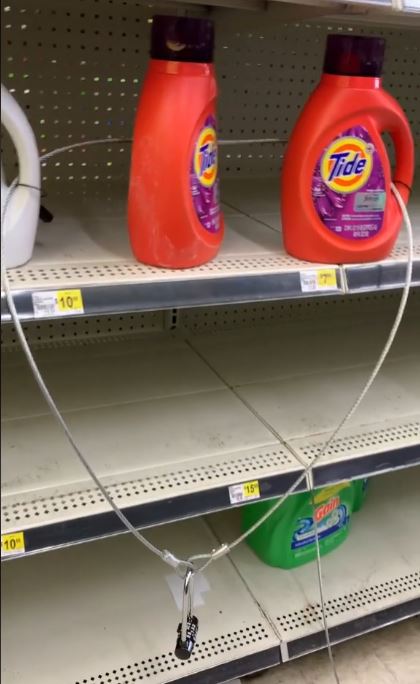
The broader implications of this trend point to a growing disparity between the wealthy and the economically disadvantaged. As more staple items are secured to prevent theft, it becomes clear that a significant portion of the population is struggling to afford basic necessities. This is a visible symptom of the widening wealth gap, where those at the bottom of the economic ladder resort to desperate measures while those at the top remain insulated from such concerns.
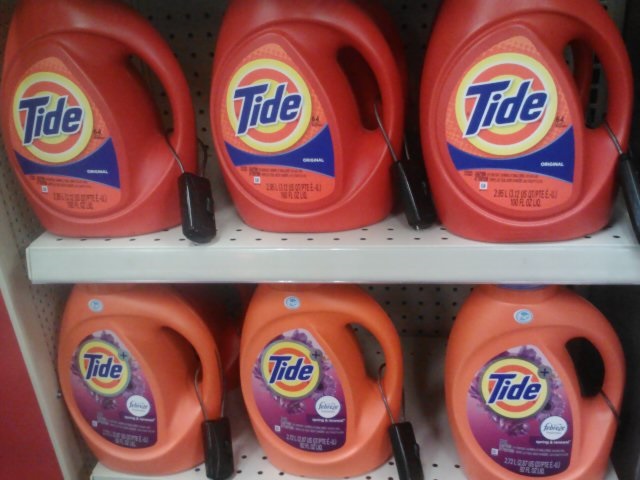
The need to lock up everyday items reflects a lack of trust and rising tension within communities. It signals that economic policies and social safety nets are failing to protect the most vulnerable populations, forcing retailers and law enforcement to step in with stopgap measures. These actions, while necessary for immediate protection, do not address the root causes of economic disparity and may even exacerbate feelings of alienation and inequality.
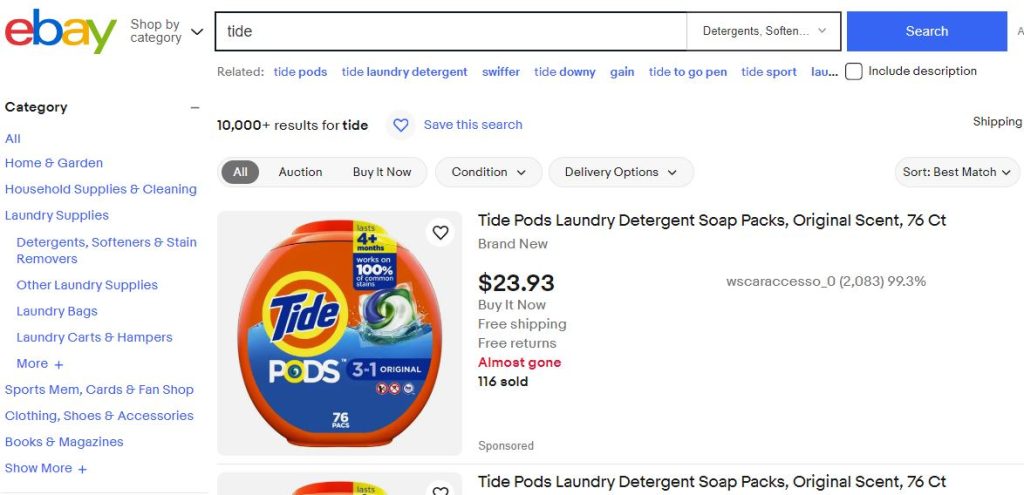
Ultimately, the practice of locking up regular staple items in stores is a potent symbol of a deteriorating U.S. economy and the deepening divide between the haves and the have-nots. It calls for urgent attention to the underlying economic issues and a reevaluation of policies to bridge the wealth gap. Without addressing these fundamental problems, the visible manifestations of economic strain, such as locked-up Tide bottles, will only become more common, further eroding the social fabric and trust within communities.

